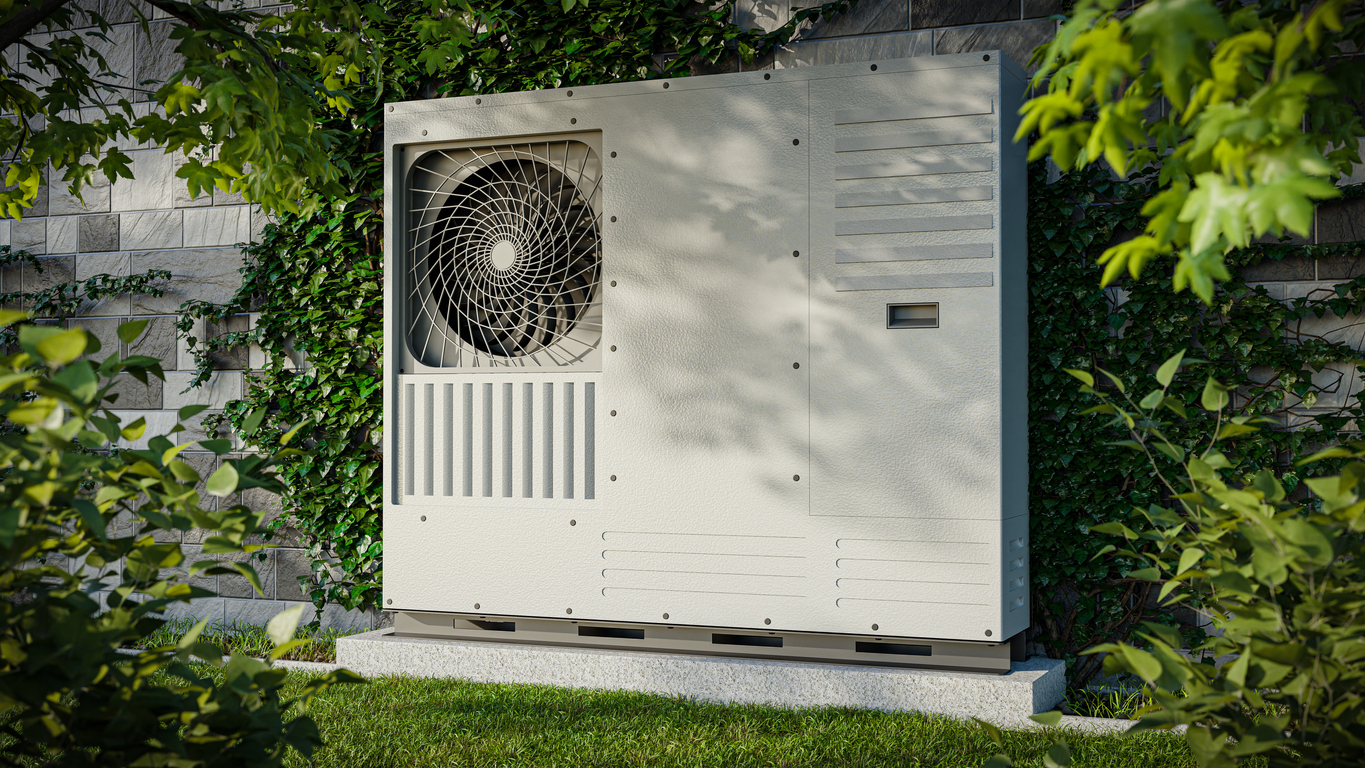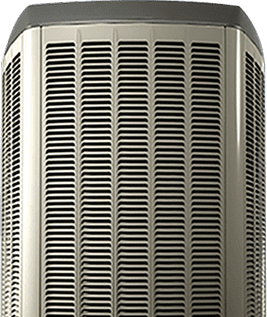How Does A Heat Pump Work In Winter

How Does A Heat Pump Work In Winter
Heat pumps step up to the difficult task of keeping us cozy and snug during the winter season when the temperatures drop, and a chilly breeze sweeps through the air. Have you ever considered how these fantastic devices function during even the coldest months in Ontario?
Well, let’s embark on a journey into the winter workings of a heat pump, so you can get a better idea of how things operate. As the frosty atmosphere envelops the world outside, the innovative heat pump takes center stage, tirelessly extracting the lingering warmth from the wintry air. It then works its transformative wonders, converting that extracted heat into cozy air that fills our homes!
So, bundle up and investigate the innermost workings of a heat pump as it combats the winter chill, keeping your home comfortably warm when you need it the most. Let’s get started!
Does a heat pump struggle in winter?
Heat pumps have been created to operate efficiently in chilly conditions, and they are widely used for heating even in cold-weather regions. However, as the temperature outside decreases, a heat pump’s efficiency will slowly be affected. Essentially as a consequence, the system may run longer cycles, and it may require supplemental heating from backup systems in some cases. This backup heating guarantees that the needed indoor temperature remains constant even when the performance of the heat pump is limited by low outside temperatures.
Heat pumps operate by moving warmth from one spot to a different one. In the winter, they remove heat from the outside air before moving it inside to heat the building. As the temperature outside drops, so does the quantity of heat available for the extraction process. This means that the heat pump must work harder in order to satisfy a home’s heating needs.
However, manufacturers have developed advanced models that incorporate technologies such as dual-fuel systems, which seamlessly transition to a backup heating source when needed, to reduce the impact of colder weather on heat pump performance. Furthermore, advancements in heat pump design, such as variable-speed compressors, have made them more efficient in colder climates.
Can cold water damage a heat pump?
Cold water does not typically harm a heat pump. As part of their normal operation, heat pumps are designed to handle water, including cold water. However, there are a few things to keep in mind when it comes to water and heat pumps:
· Freezing protection: Heat pumps have mechanisms that prevent freezing and damage resulting from low outdoor temperatures.
· Water quality: Impurities in water can cause scale buildup, reducing the efficiency of the heat pump. Proper upkeep and water treatment can help to mitigate this.
· Corrosion: Heat pumps exposed to water with corrosive properties can deteriorate more quickly. Its impact can be mitigated by using corrosion-resistant materials or protective measures.
It should be noted that the installation position, conditions in the environment, and maintenance practices can all have an impact on the potential impact of water on a heat pump. Therefore, if you are worried about water damaging your home’s heat pump, don’t be afraid to reach out to the team at Mr. Furnace Heating and Air Conditioning to seek professional advice, so you can ensure that it operates optimally and is protected from any potential water-related issues.
What temperature is too cold for heat pumps?
The temperature at which a heat pump loses efficiency and may require supplemental heating depends on a number of factors, including the overall model, capacity, and regional climate conditions. However, as a general rule, when the outdoor temperature falls below about -15 degrees Celsius, most standard air-source heat pumps begin to lose efficiency and may struggle to extract sufficient heat.
Below this level, the heat pump may run longer cycles, consume more energy, and have trouble meeting a home’s heating demands. To maintain comfortable indoor temperatures in extremely cold weather, supplemental heating from backup systems, such as a furnace, may be required.
Should a heat pump run constantly in the winter?
Under typical operating circumstances, a heat pump should not run continuously in the winter. Heat pumps have been programmed to cycle on and off in order to efficiently maintain the ideal indoor temperature. Regular use without cycling might suggest a heat pump issue or an oversized system.
A heat pump operates by extracting heat from the outdoor air and transferring it indoors to heat the building. After reaching the desired indoor temperature, the heat pump will turn itself off until the ambient temperature falls below the set point. The heat pump will then restart to maintain the temperature that is wanted.
However, it is important to note that the duration and frequency of heat pump cycles can vary depending on factors like outdoor temperatures, thermostat settings, insulation levels, and the particular heating load. To meet heating demands in chilly environments, the heat pump may need to run longer cycles, but it should continue to cycle on and off as required.
If you observe your heat pump running constantly without cycling off, this could indicate a problem. Potential causes include faulty thermostats, insufficient system sizing, leaks in refrigerant, and other mechanical issues. To ensure optimum operation and energy efficiency of your heat pump, contact a qualified HVAC technician to inspect and identify the problem.
Would you like to install a high-efficiency heat pump in your home for year-round interior comfort? If the answer is yes, the professional team at Mr. Furnace Heating and Air Conditioning is the HVAC company for you! With years of experience partnering with homeowners across Ontario, Mr. Furnace has what it takes to get the job done correctly and efficiently without sacrificing quality! Call and schedule an initial consultation appointment with a home comfort advisor today to receive a complimentary new system purchase quote! We are proud to serve Niagara Falls, St. Catharines, Niagara-on-the-Lake, Welland, Fort Erie, Port Colborne, Beamsville, Vineland, Winona, Smithville, and the surrounding areas! We look forward to working with you!
